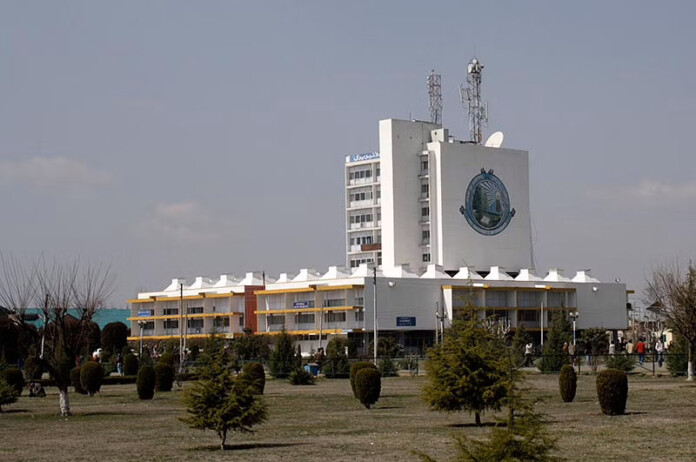EWS candidates rejected despite eligibility; questions raised over fairness in selection process. The University of Kashmir (KU) is under scrutiny after allegations have surfaced that the Economically Weaker Sections (EWS) reservation policy was violated during the recruitment and selection of candidates for the post of Assistant Professor. The ongoing recruitment process has sparked controversy, with EWS candidates claiming arbitrary rejection and lack of transparency.
In the ongoing recruitment drive at KU, candidates from the EWS category applied for the Assistant Professor position and appeared for the interview. These candidates reportedly met the eligibility criteria and participated in the selection process. However, the EWS candidates were not selected, and the reserved seat was instead awarded to a general category candidate.
The EWS candidates have alleged that their rejection was arbitrary and lacked transparency. They claim that the selection process was influenced by favoritism towards unreserved candidates. “We fulfilled all the criteria and participated in the interview, but no reasons were provided for our rejection,” said one of the candidates. “The reserved seat was overridden and excluded, which is a clear violation of the EWS reservation policy.”
The EWS reservation was introduced in 2019 through the 103rd Constitutional Amendment Act, which provides 10% reservation in government jobs and educational institutions for individuals from economically disadvantaged backgrounds who do not belong to any existing reserved categories (such as SC, ST, or OBC). The policy aims to promote social equity by ensuring opportunities for economically weaker sections of society.
The incident has sparked calls for greater transparency in the recruitment process. Legal experts emphasize that authorities must document and communicate the reasons for rejecting candidates, especially in cases involving reserved seats.
“The EWS reservation policy is a constitutional mandate, and its implementation must be fair and transparent,” said an advocate familiar with reservation laws. “Any deviation from the policy undermines its purpose and violates the rights of eligible candidates.”
The EWS candidates have submitted a formal complaint to the university authorities, demanding an immediate re-evaluation of the selection process. They have also sought clarity on the criteria used for selection and the reasons for their absolute rejection.

















